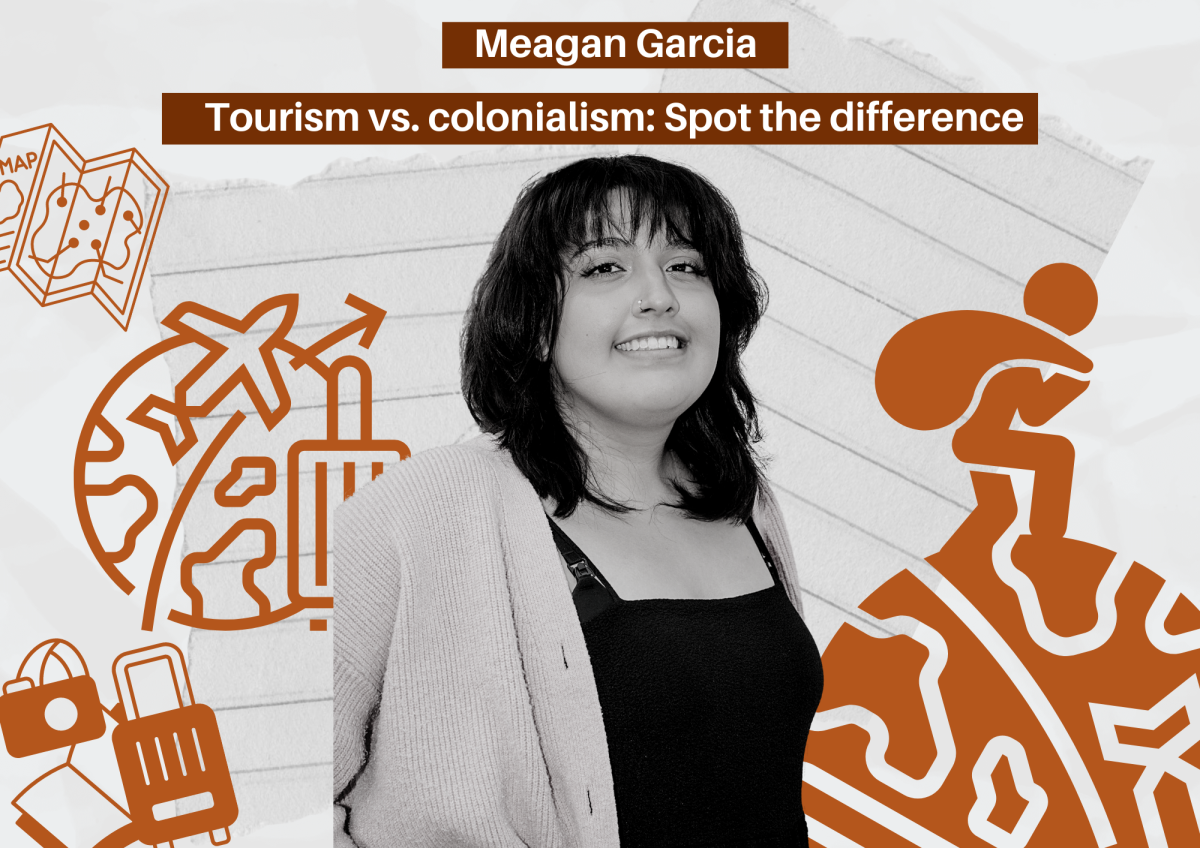The entirety of the United States was built on stolen land, by the hands of stolen labor. As a result, there remains to be an immense loss of culture across multiple indigenous groups due to forced assimilation and eradication of once sacred languages, practices, etc. However, wherever a profit can be made, it will be.
Thus is the nature of the tourism industry.
Some people may argue tourism is born from a place of genuine curiosity and wanting to embrace different cultures. While this may be true, the most common defense of tourism is that it “boosts the economy” and therefore “is beneficial for locals.”
Is this true, though, and if so at what cost?
Hawaii is the first place that comes to mind for most people when the argument of tourism is brought up. Its economy is mostly made up of money that pours in due to touristic stays and activities. While this may sound outwardly promising for locals and Native Hawaiians, studies and local opinions show it is not.
With the high volume of tourists that vacation on the islands each year, there is a direct misuse of the land’s natural resources. Many residents are displaced and the environment critically suffers because of these visits.
Some specific examples of the damage done to the Native and local population by tourism includes an ongoing water crisis due to pollution of natural sources as well as an increase in housing prices, causing purchasing and owning a house in Hawaii relatively impossible.
Native and local Hawaiians across social media platforms have plead with tourists to leave their home off any destination vacation lists. Not only do visitors tend to cause an abuse of resources but have a general lack of respect for the spiritual and cultural significance of the land and people.
One most famous example of this is Jennifer Lawrence making a joke out of rubbing her butt on sacred rocks despite knowing they were culturally significant. Though she later apologized, it was still upsetting to many to see her display such disregard.
Despite this being a large problem in Hawaii, the negative impacts of tourism can be seen across all sorts of indigenous land. This also happens very close to home.
Another recent and famous incident involved a Spanish woman visiting Mexico, who climbed a sacred Mayan structure known as El Castillo (Kukulcan Pyramid). She proceeded to dance on it despite the warnings of several signs and warnings from surrounding people. After she reached the bottom, she was verbally berated and drenched with water from the crowd due to her disrespect.
I believe people should listen to locals when they set clear boundaries and wishes regarding travel to their homeland. Especially during times of crises like the one Hawaii is currently facing with its wildfires.
To make a long story short, maybe don’t make the trip when it is not a welcome one or do research on the territory that is planned to visit so a little more respect can be given to another culture’s homeland.
Meagan Garcia is the arts & culture editor and may be reached at [email protected].







